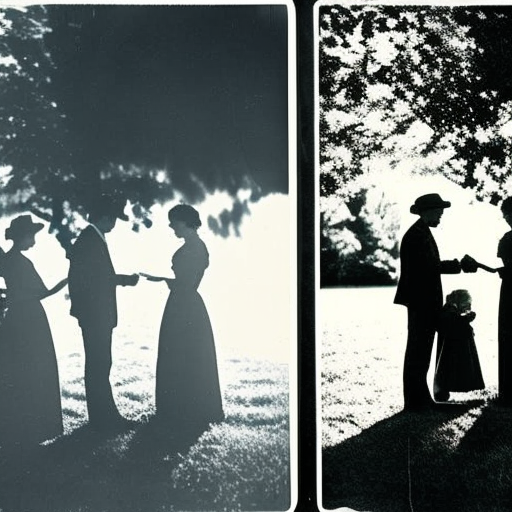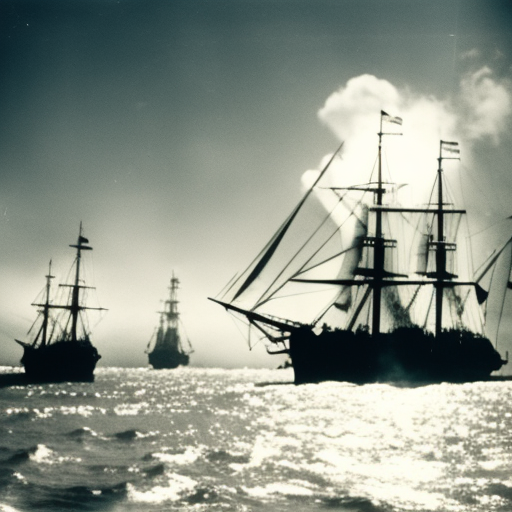The Victorian Era: A Summary
The Victorian era, named after Queen Victoria who reigned from 1837 to 1901, was a period of significant social, cultural, and technological change in the United Kingdom. This era is often associated with strict social norms, industrialization, and the expansion of the British Empire.
Social and Cultural Changes
The Victorian era was characterized by a rigid social hierarchy, with the upper class consisting of the aristocracy and wealthy industrialists, the middle class comprising professionals and businessmen, and the working class consisting of laborers and factory workers. Social mobility was limited, and strict codes of conduct governed behavior and etiquette.
The era was marked by a strong emphasis on morality and family values. The Victorian middle class idealized the nuclear family, with the husband as the breadwinner and the wife as the homemaker. Women were expected to be virtuous, modest, and submissive. The concept of separate spheres emerged, with men occupying the public sphere and women confined to the domestic sphere.
Industrialization and Technological Advancements
The Victorian era witnessed rapid industrialization and technological advancements. The Industrial Revolution transformed the British economy, leading to the growth of factories, urbanization, and the rise of the working class. The expansion of the railway network revolutionized transportation and facilitated the movement of goods and people across the country.
Technological innovations such as the steam engine, telegraph, and electric power transformed various industries and improved communication. The development of new manufacturing processes and machinery led to increased productivity and the mass production of goods.
Scientific and Intellectual Developments
The Victorian era was a time of significant scientific and intellectual progress. Charles Darwin’s theory of evolution, as outlined in his book “On the Origin of Species” (1859), challenged religious beliefs and sparked debates about the relationship between science and faith. The era also saw advancements in medicine, with breakthroughs in anesthesia and the understanding of germs.
The Victorian era was also a period of great literary and artistic achievements. Writers such as Charles Dickens, Jane Austen, and the Brontë sisters produced enduring works of fiction that explored social issues and provided social commentary. The era also witnessed the rise of the Pre-Raphaelite Brotherhood, a group of artists who sought to revive the detailed and vibrant style of early Renaissance art.
Imperialism and Global Expansion
The Victorian era coincided with the height of the British Empire. Britain expanded its colonial holdings, acquiring territories in Africa, Asia, and the Pacific. The empire provided a source of wealth and resources for Britain, but it also raised ethical questions about imperialism and its impact on indigenous peoples.
The Victorian era was characterized by a sense of national pride and a belief in British superiority. The Great Exhibition of 1851 showcased Britain’s industrial and technological achievements to the world and symbolized the country’s dominance on the global stage.
Legacy and Impact
The Victorian era left a lasting impact on British society and culture. Many of the social, cultural, and technological changes that occurred during this period continue to shape modern Britain. The era’s emphasis on morality and family values, although challenged in subsequent decades, has influenced societal norms and expectations.
The Victorian era also laid the foundation for the modern industrialized world. The advancements in technology and industry set the stage for further progress in the 20th century. The era’s literature, art, and architecture continue to be celebrated and studied, providing insights into the social, political, and cultural dynamics of the time.
In conclusion, the Victorian era was a period of significant change and transformation in the United Kingdom. It was characterized by strict social norms, industrialization, technological advancements, scientific progress, and the expansion of the British Empire. The era’s legacy continues to shape modern Britain and has left an indelible mark on global history.












